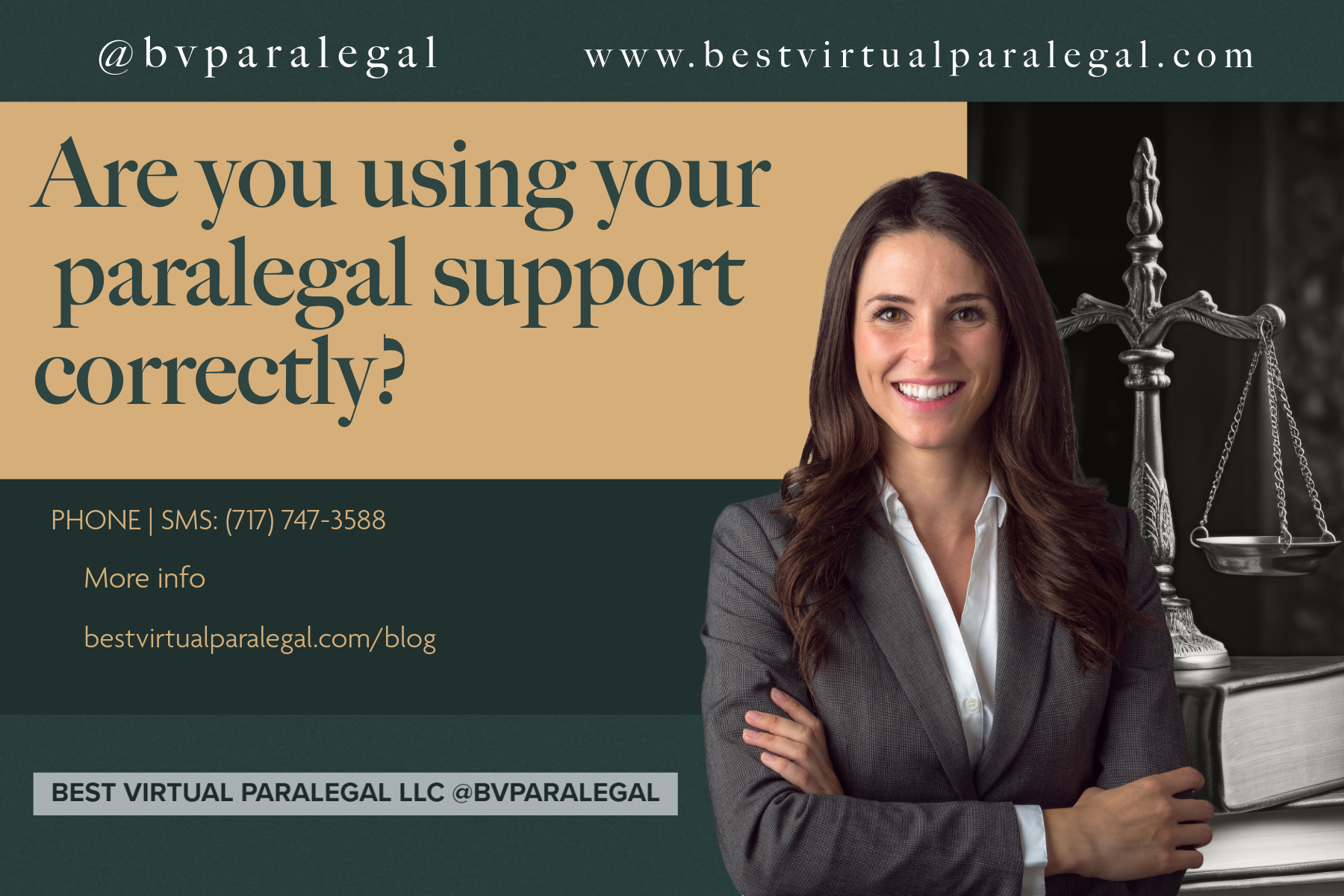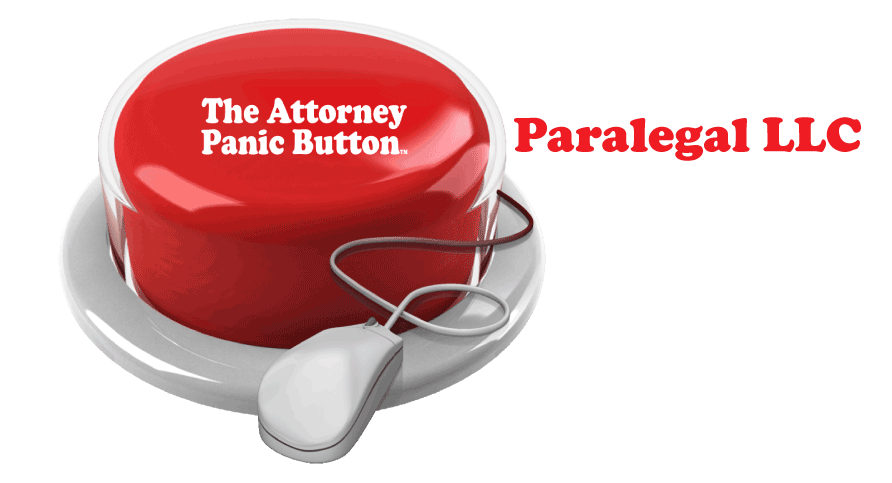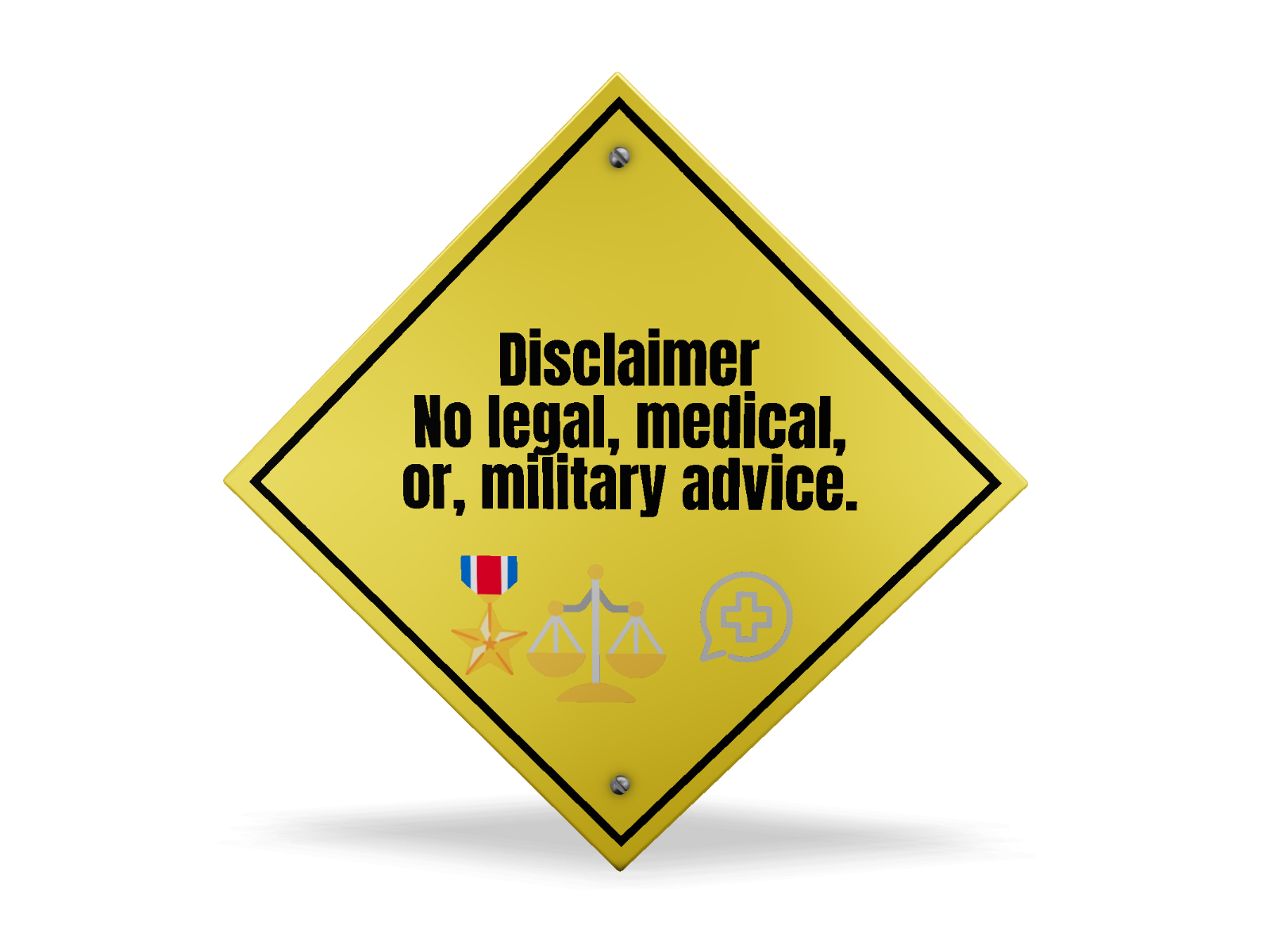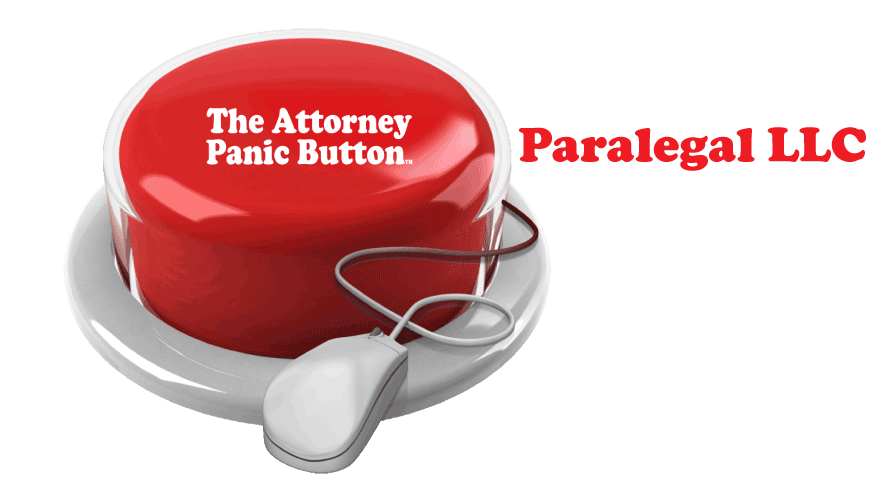Your Paralegal Is Your Firm's Secret Weapon: Are You Using Them Correctly?
Let's talk about the high-value, substantive legal work your paralegal is trained to handle and how you can leverage these skills for your firm's success. Our team of the Best Virtual Paralegals is readily available to assist you. We are pleased to announce that we are currently accepting new clients from law firms.

As an attorney, your time is your most valuable asset. Every minute you spend on administrative burdens or tasks that can be delegated is a minute you're not spending on high-level strategy, client acquisition, or in-court advocacy.
Many attorneys, especially in solo or small firms, fall into the trap of viewing their paralegal as a highly-skilled administrative assistant. You give them documents to file, calendars to manage, and letters to proofread. And yes, they excel at that.
But ever wonder what your paralegal is really doing? Or, more importantly, what they could be doing?
We're not just filing. The modern paralegal is a highly-trained professional, a key part of the legal team, and a critical driver of your firm's efficiency and profitability. If you're only using your paralegal for filing, you're leaving money on the table.
Let's talk about the high-value, substantive legal work your paralegal is trained to handle and how you can leverage these skills for your firm's success.
What Does a Paralegal Really Do for Your Practice?

A properly leveraged paralegal functions as a force multiplier. They handle the critical, time-intensive tasks that form the backbone of any case. This frees you, the attorney, to focus on the elements that require your law license: giving legal advice, setting case strategy, and representing your client in court.
While the specifics vary by practice area, the core, high-value responsibilities fall into three main categories: drafting, discovery, and research.
The Architect: Drafting Pleadings and Substantive Documents
Your paralegal’s role in drafting goes far beyond filling in a template. Experienced paralegals are architects of the case's foundational documents.
- Pleadings and Motions: Your paralegal can—and should—be preparing the initial drafts of complaints, answers, and routine motions (like motions to compel or for an extension of time). They can gather the facts, organize the exhibits, and structure the legal framework, delivering a document that is 80-90% complete, waiting only for your final legal review and strategic polish.
- Affidavits and Declarations: They are experts at interviewing clients or witnesses to gather the necessary facts and drafting the detailed declarations and affidavits that support your motions.
- Correspondence: They can handle substantive correspondence with opposing counsel, clients, and third parties, such as drafting requests for information or responding to routine inquiries, all under your supervision.
How to Leverage This Skill: Stop being the "drafter of first resort." Delegate the initial creation of all routine and many substantive documents to your paralegal. Provide them with a clear outline of the facts and the legal argument you want to make, then trust them to build the document. Your time is better spent reviewing and refining, not staring at a blank page.
The Quarterback: Mastering Discovery and E-Discovery
Discovery is the single most time-consuming phase of litigation, and it's where a skilled paralegal is truly invaluable. They are the quarterbacks of the discovery process, managing the flow of information and ensuring your team is always on offense.
- Drafting Discovery: Paralegals draft interrogatories, requests for production of documents, and requests for admission. They tailor these requests to the specific facts of the case and the claims you need to prove.
- Managing Responses: When discovery comes in, your paralegal reviews and organizes the (often thousands of) documents. They identify responsive materials, flag key documents (or "hot docs"), and prepare privilege logs.
- E-Discovery: In today's legal world, this is a non-negotiable skill. Trained paralegals manage the entire e-discovery (ESI) process, from identification and collection to processing and review, often using platforms like Relativity or Clio.
- Summarizing Depositions: Instead of you spending hours reading a 200-page transcript, your paralegal can provide a concise, accurate summary, often with page-line citations for key testimony.
How to Leverage This Skill: Make your paralegal the primary point of contact for all discovery matters. Integrate them into your case management system and empower them to create and manage the discovery calendar. This not only saves you hundreds of hours but also significantly reduces the risk of missed deadlines or overlooked evidence.
The Detective: Conducting In-Depth Legal Research
Attorneys often underestimate the research capabilities of a seasoned paralegal. They are trained legal detectives, skilled at navigating complex legal databases and synthesizing information.
- Case Law and Statutory Analysis: Your paralegal can dive into Westlaw or LexisNexis to find case law that supports your motion or to analyze a specific statute's requirements.
- Factual Research: They are experts at digging into public records, social media, and other databases to find critical information about opposing parties, witnesses, or expert witnesses.
- Drafting Research Memos: A skilled paralegal won't just send you a list of cases. They will draft a formal research memorandum that summarizes their findings, analyzes the relevant law, and applies it to the facts of your case.
How to Leverage This Skill: The next time you have a research question, give it to your paralegal first. Ask for a memo on "the standard for summary judgment in our jurisdiction" or "recent cases on spousal support for a 10-year marriage." This provides you with the foundation for your argument and saves you hours of research time.

Unlock Your Firm’s Potential (Without the Overhead)
A properly leveraged paralegal isn't an expense; they are a profit center. They free up your time to bill at a higher rate, increase case capacity, and improve the quality of your work product.
But what if you're a solo attorney who can't afford a full-time, in-house paralegal? Or what if your firm is booming and your current staff is already at capacity?
This is where on-demand, expert support becomes critical.
At Best Virtual Paralegal, we provide exactly that. We aren't just assistants; we are experienced, U.S.-based paralegals with over a decade of high-level civil litigation and trial experience. We offer flexible, scalable support tailored to your firm's needs, allowing you to access top-tier talent without the cost of a full-time employee.
Whether you need expert help with discovery management, drafting substantive pleadings, deposition summaries, in-depth legal research, or trial preparation, our team is ready to integrate seamlessly into your practice.
Stop drowning in tasks you can (and should) delegate. Start focusing on winning cases and growing your firm.
Contact Best Virtual Paralegal today for a consultation and discover how our expert support services can transform your practice.














